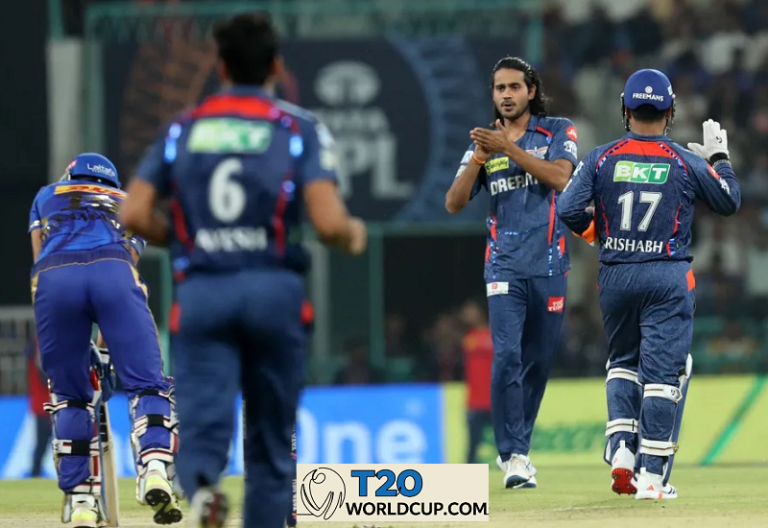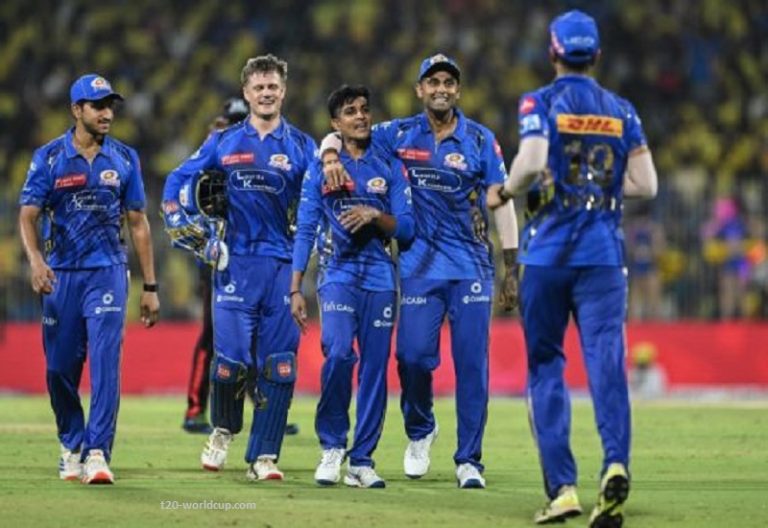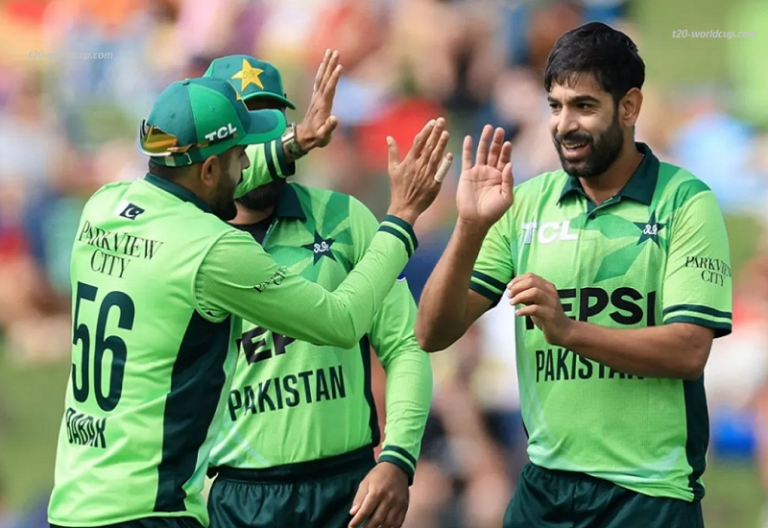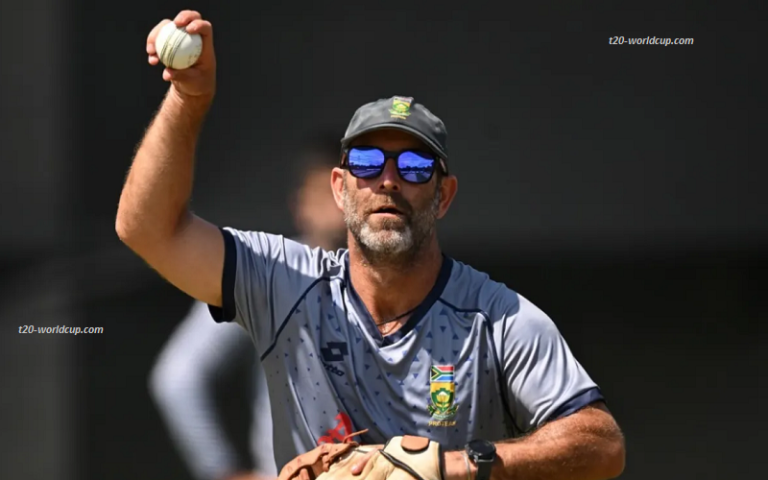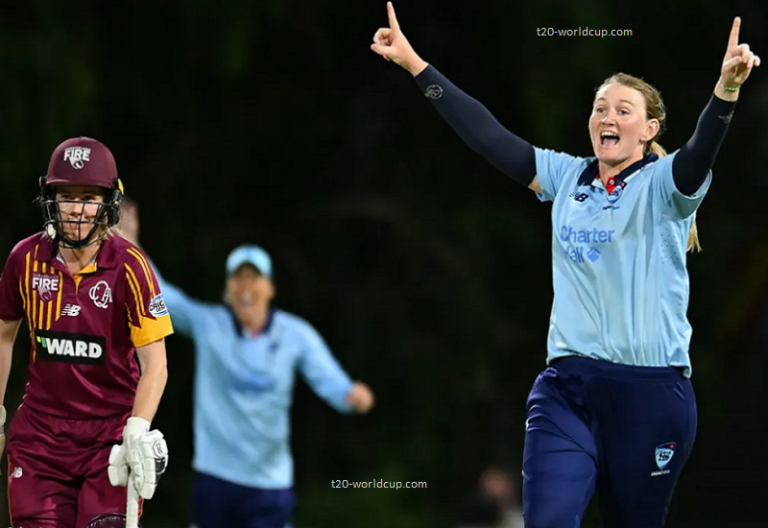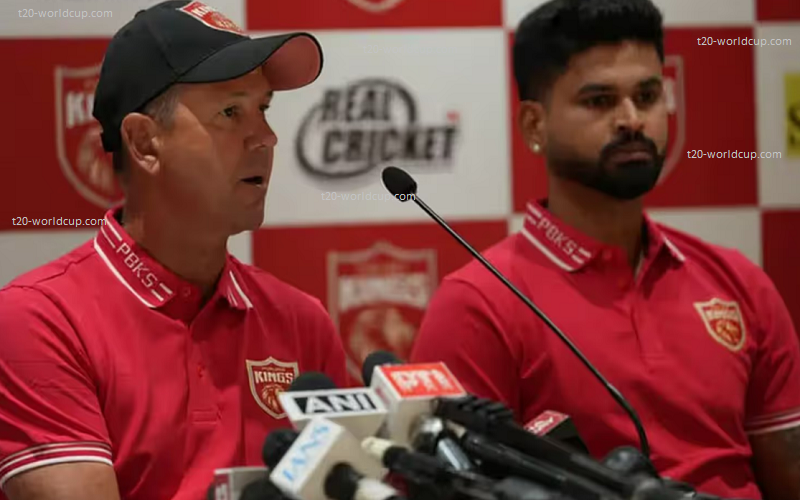
The Indian Premier League (IPL) has always been a stage for not just thrilling cricket but also behind-the-scenes management decisions that shape a team’s destiny. Former Australian cricketer and Punjab Kings (PBKS) captain Adam Gilchrist has made shocking claims about the franchise’s management, calling them “erratic” and stating that they acted as a “handbrake” during his captaincy tenure.
Gilchrist’s Allegations Against PBKS Management
Adam Gilchrist, one of the most explosive wicketkeeper-batsmen in cricket history, led Punjab Kings (formerly Kings XI Punjab) during his IPL career. While speaking about his stint as captain, he expressed frustration with the management’s decision-making, implying that their interference hindered the team’s performance.
Key Highlights of Gilchrist’s Claims:
- Lack of Consistency in Leadership Decisions: He accused the PBKS management of being indecisive and erratic, which affected the team’s momentum.
- Disruptions in Player Selections: Gilchrist suggested that management overruled captaincy calls, leading to instability within the squad.
- Hindrance to Team Strategy: The franchise allegedly did not fully support their leadership, making it difficult to implement long-term strategies.
- Impact on Team Morale: Frequent changes and interference reportedly affected team cohesion and morale.
Punjab Kings’ Struggles Over the Years
Punjab Kings have often been seen as an underperforming franchise despite having talented players. Since the inception of IPL in 2008, PBKS has only reached the final once, in 2014, but failed to secure the trophy.
PBKS IPL Performance Over the Years
| Year | Position Finished | Key Players |
|---|---|---|
| 2008 | Semi-Finalists | Yuvraj Singh, Shaun Marsh |
| 2009 | 5th Place | Kumar Sangakkara, Mahela Jayawardene |
| 2010 | Last Place | Adam Gilchrist, Irfan Pathan |
| 2014 | Runners-up | Glenn Maxwell, David Miller |
| 2018 | 7th Place | KL Rahul, Chris Gayle |
| 2022 | 6th Place | Mayank Agarwal, Liam Livingstone |
Their inability to build a stable core team, frequent captaincy changes, and inconsistent performances have been major roadblocks.
The Influence of Team Management in IPL
Team management plays a crucial role in an IPL franchise’s success. Unlike international cricket, where national boards make decisions, IPL teams are owned by franchises that often have a significant say in team strategies. Some successful franchises like Chennai Super Kings (CSK) and Mumbai Indians (MI) have flourished under stable leadership, while teams with frequent changes, like PBKS, have struggled.
Comparing PBKS Management with Successful Teams
| Team | Stable Captaincy | Management Interference | IPL Trophies Won |
| CSK | MS Dhoni (2008-Present) | Minimal | 5 |
| MI | Rohit Sharma (2013-2023) | Minimal | 5 |
| PBKS | Frequent Changes | High | 0 |
| RCB | Multiple Captains | Moderate | 0 |
Gilchrist’s comments reflect a broader issue—teams that interfere too much in cricketing decisions often struggle to find long-term success.
Reactions to Gilchrist’s Statement
Adam Gilchrist’s statement has sparked conversations within the cricketing fraternity. Some former players and analysts have agreed with his view, highlighting that PBKS has failed to create a winning culture due to inconsistent management decisions.
Expert Opinions:
- Michael Vaughan: “Adam Gilchrist’s statement isn’t surprising. Stability is key in T20 leagues. PBKS needs to rethink its approach.”
- Aakash Chopra: “Frequent changes at the top have affected PBKS. They need a long-term plan instead of short-term fixes.”
- Harsha Bhogle: “The most successful teams have trusted their captains. PBKS must find stability to become a dominant IPL team.”
What This Means for PBKS in IPL 2025
PBKS will need to take these criticisms seriously as they gear up for IPL 2025. Their history of constant reshuffling in leadership and squad selection has only led to frustration among players and fans.
Areas PBKS Needs to Improve:
- Stable Leadership: Choosing a captain for the long term and backing him.
- Balanced Squad Selection: Consistency in team selection to build chemistry.
- Less Interference from Management: Allowing cricketing decisions to be made by the coaching staff and captain.
- Better Retention Strategy: Retaining core players instead of frequent auctions and reshuffles.
Final Thoughts on Gilchrist’s Revelations
Adam Gilchrist’s remarks bring attention to a deeper issue within PBKS—management’s inability to trust its leadership. With IPL becoming more competitive each season, teams that fail to create a winning culture will continue to struggle. If PBKS wants to change its fate, it needs to follow the footsteps of successful franchises like CSK and MI by fostering stability and strategic planning.

